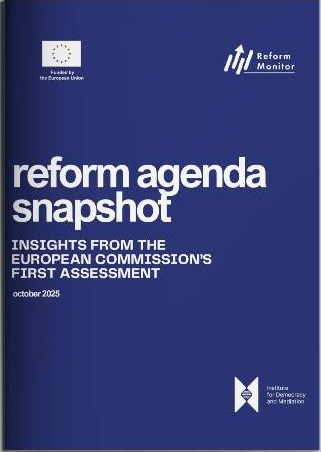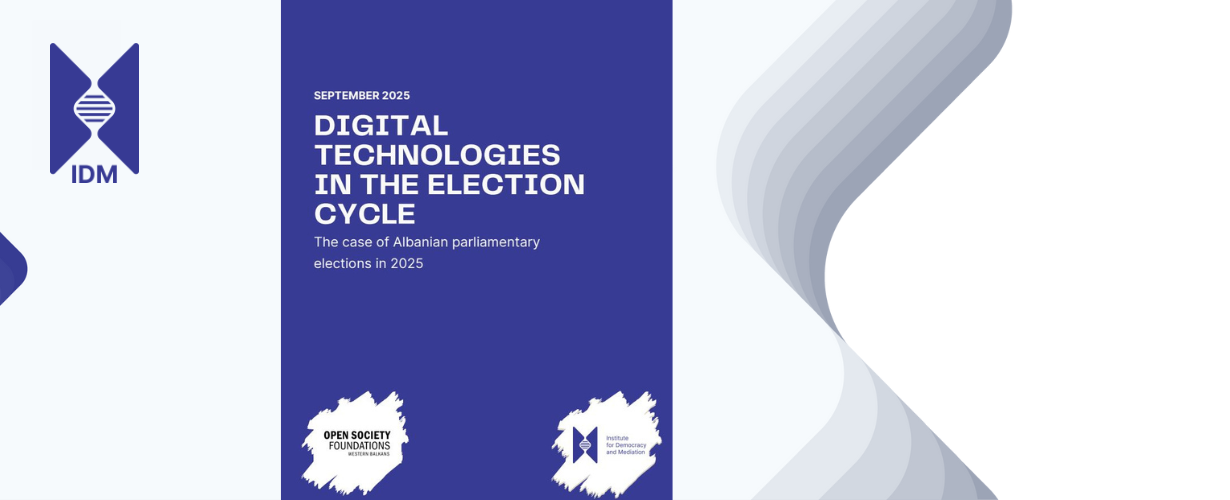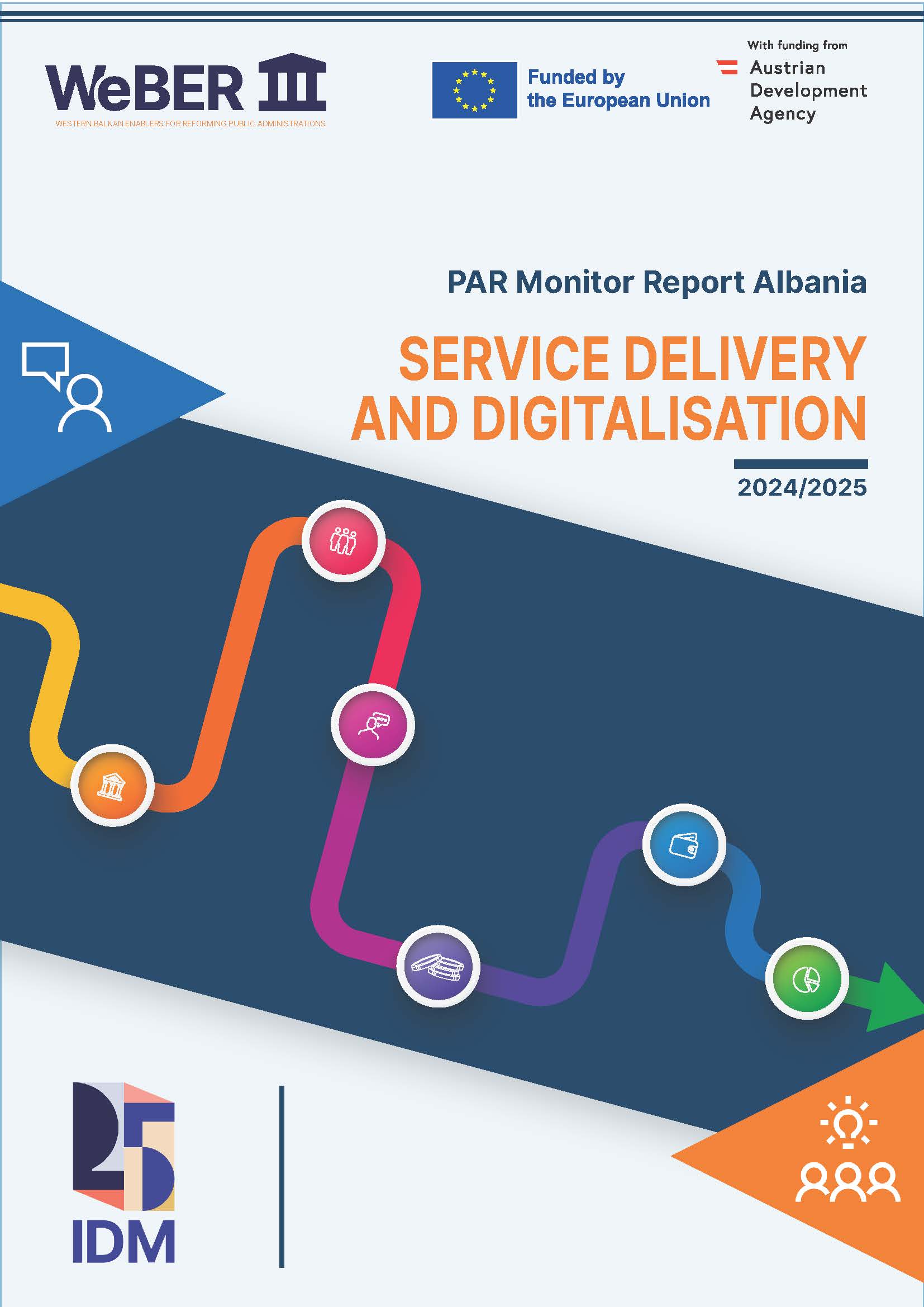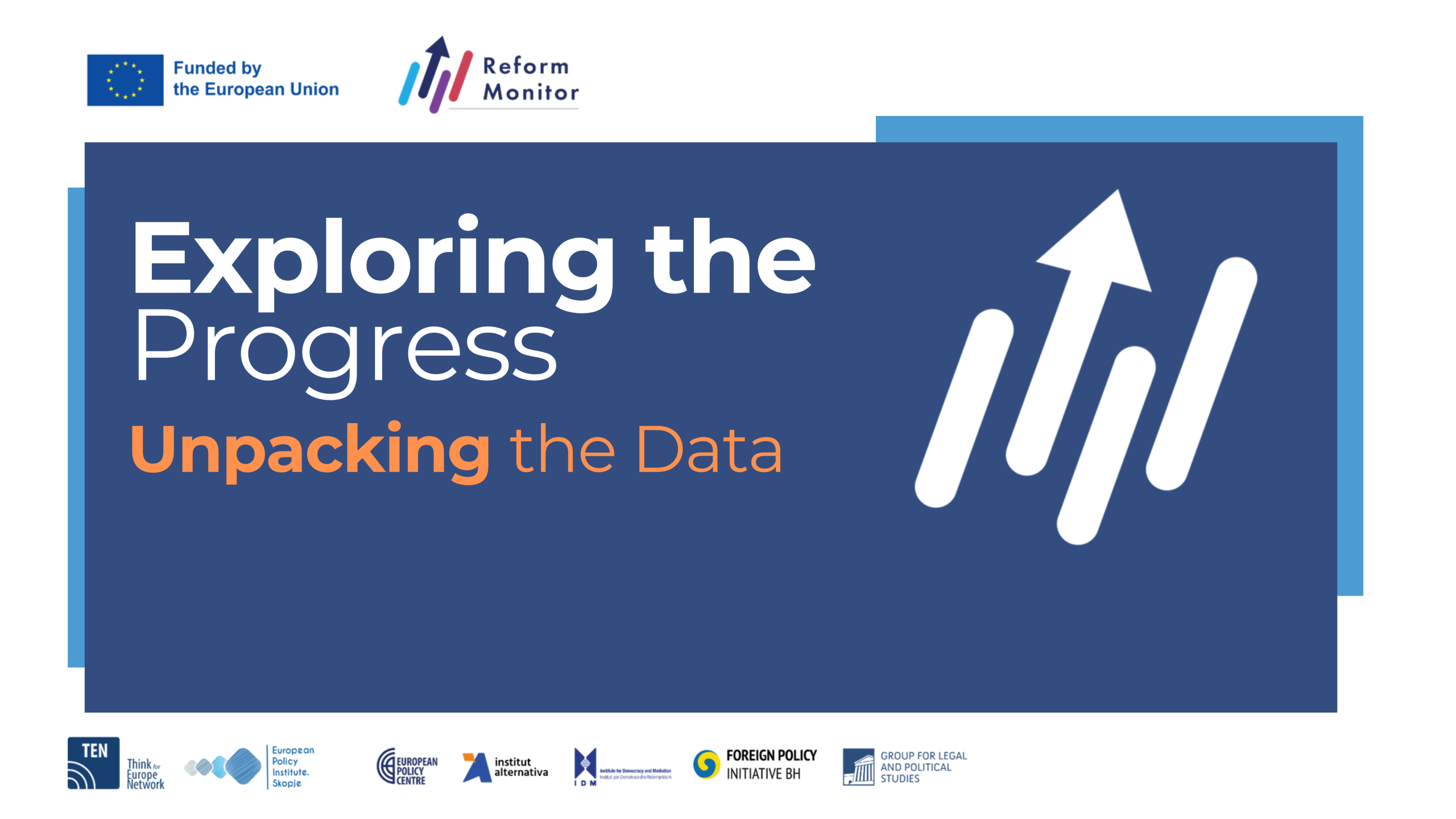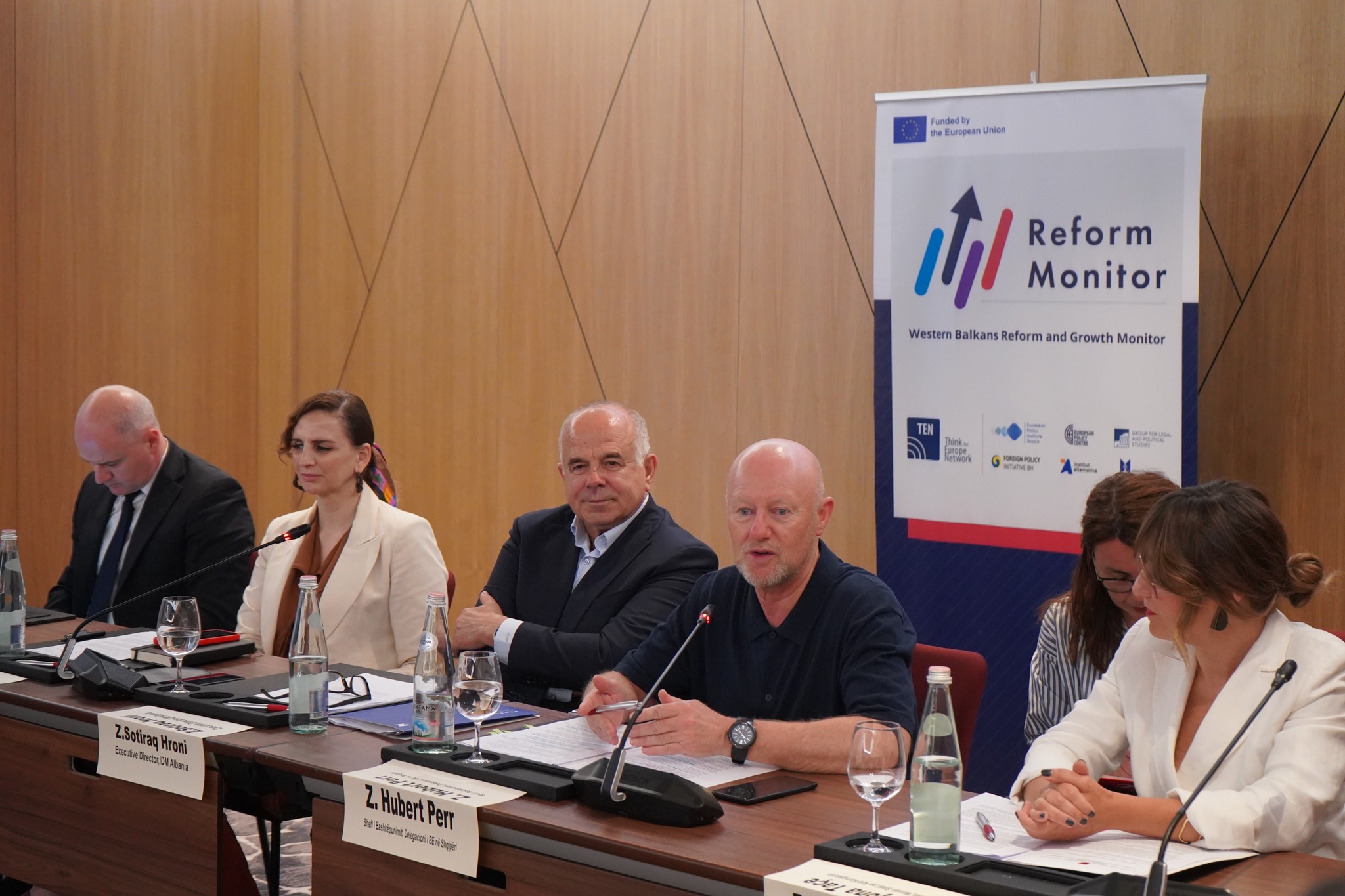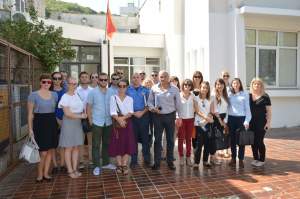 The second School on Security Policy was held from 4 to 18 September 2015 in Bar, and it brought together 18 young professionals, representatives of state institutions, civil society organizations and media from Serbia, Kosovo and Albania.
The second School on Security Policy was held from 4 to 18 September 2015 in Bar, and it brought together 18 young professionals, representatives of state institutions, civil society organizations and media from Serbia, Kosovo and Albania.
The School was organized as a joint activity of Belgrade Center for Security Policy (BCSP), Kosovar Centre for Security Studies (KCSS) and the Institute for Democracy and Mediation (IDM), Tirana, within the project “Security Research Forum Belgrade-Prishtina-Tirana.”
The aim of the School on Security Policy is to familiarize participants – through an interactive approach and innovative methodology – with the concepts in the field of security studies, putting the special focus on regional dynamics and the security aspects of Serbian-Albanian relations. After completing the program, the participants of the School are able to successfully apply the main tools for the analysis of the security environment, as well as to interpret the relations between Serbia, Kosovo and Albania in the context of European integration and the fast-changing global security landscape.
At the beginning of the School, the participants learned about the concept of security and security sector reform, and then analyzed the national security strategies as well as the actors of security sector reform in Serbia, Kosovo and Albania. The participants were divided into four groups, and after each workshop there was a discussion on the results of group work.
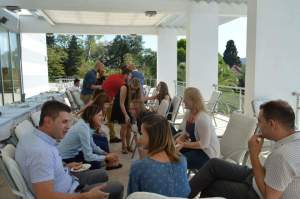 Sandra Jelisavčić, a participant from Serbia, believes that the School of Security Policy was an ideal opportunity for her to become familiar with the basic concepts for the analysis of security policies and the dynamics in the Western Balkans. “What is also important is the exchange of information between the participants, since the majority of Serbian citizens do not know what is happening in Kosovo or Albania, and vice versa. I would recommend this program to everyone, especially to those interested in Serbian-Albanian relations,” said Jelisavčić.
Sandra Jelisavčić, a participant from Serbia, believes that the School of Security Policy was an ideal opportunity for her to become familiar with the basic concepts for the analysis of security policies and the dynamics in the Western Balkans. “What is also important is the exchange of information between the participants, since the majority of Serbian citizens do not know what is happening in Kosovo or Albania, and vice versa. I would recommend this program to everyone, especially to those interested in Serbian-Albanian relations,” said Jelisavčić.
During the programme, the participants also discussed the Brussels process and the integration of Serbian police officers into the Kosovo police, the integration of the Civil Protection in North Kosovo, as well as the security cooperation in the Western Balkans, especially at the multilateral level through security initiatives. The programme of the School also included guest speakers, the representatives of the Southeast European Law Enforcement Center (SELEC), the the Migration, Asylum, Refugees Regional Initiative (MARRI), as well as the local news portal from North Kosovo (KoSSev).
Ebi Spahiu, a participant from Albania, said that the applicability of the acquired knowledge to the current situation in the Western Balkan region is extremely high.
“Taking into account the years of tense relations between Albania and Serbia, I think it is important to understand the differences between security narratives that exist in the region, as well as potential common threats such as organized crime, corruption, religious radicalization, and the lack of employment opportunities for young people. Although the future of the Western Balkans seems dark because of the growing insecurity and weakening of the role of the EU, it was very refreshing to see that there is hope within the civil society and a shared vision of regional community.”
 According to the participants, the most interesting and useful part of the program of the School on Security Policy was the scenario planning exercise for the future development of the Serbian-Albanian relations in the region until 2025. During this activity, the participants tried to identify four possible versions of the relations in the region for the next ten years, taking into account the process of European integrations, economic development, and other regional and global trends. In addition to the lectures and workshops, the participants visited the local police station in Ulcinj, and the office of the Mayor of Ulcinj, where they had the opportunity to learn about the problems, but also about positive achievements in the governance of a multi-ethnic and multi-cultural city.
According to the participants, the most interesting and useful part of the program of the School on Security Policy was the scenario planning exercise for the future development of the Serbian-Albanian relations in the region until 2025. During this activity, the participants tried to identify four possible versions of the relations in the region for the next ten years, taking into account the process of European integrations, economic development, and other regional and global trends. In addition to the lectures and workshops, the participants visited the local police station in Ulcinj, and the office of the Mayor of Ulcinj, where they had the opportunity to learn about the problems, but also about positive achievements in the governance of a multi-ethnic and multi-cultural city.
“Summer school on Security Policy was a great combination of theoretical part and practical one as well as the experience from well-experienced and committed researchers. While on one side, we were lectured on the very interesting concepts of Security we were also able to discuss our thoughts with our peers from Tirana, Belgrade and Prishtina. It was interesting to tackle the current trends on security and talk about the impact of the same in our everyday life”, said participant from Kosovo, Agime Gashaj.


